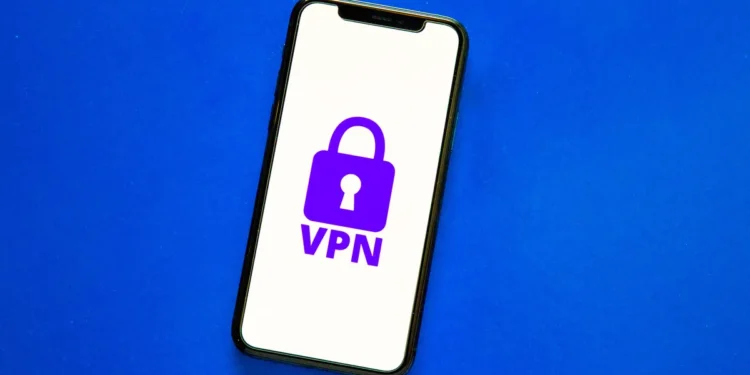VPN: “a network within the network”
Security and privacy have become two of the main concerns for Internet users around the world. For this reason, it is not surprising that any tool that increases navigation guarantees or information exchange deserves to be studied. Among them, virtual private networks (Virtual Private Network) are one of the most popular choices at the moment, since they allow you to create a private connection between multiple users and you should also prevent your devices from being hacked. In other words, a network within a network: secure, private, and encrypted. Safe from hackers and prying eyes.
What is a VPN?
A VPN allows a secure extension of the local area network (LAN) over a public or uncontrolled network such as the Internet. It is an intermediary between your device and the Internet. By configuring and enabling the VPN, all your traffic can pass through it, both sending and receiving data. A mobile virtual private network is also capable of continuing sessions regardless of changes in the physical connection, between connection points or different IPs.
Mobile VPN
In the case of mobile VPN providers, they allow establishing a connection not from a fixed point but on the move (for example, when users circulate between different mobile networks or WiFi access points ). A mobile VPN maintains a virtual connection to the application at all times as the endpoint changes, handling the necessary network logins in a way that is transparent to the user.
Ideally, this traffic should be encrypted and only sender and sender should have access to read that information. VPNs can help establish safer browsing settings and block ads and threats . You can use a VPN to encrypt data on your device before sending it, so that it can only be decrypted by a specific server, without affecting other traffic. In this way, communications between these teams will be assured.
security and privacy
Privacy is one of the main claims of VPNs. On the one hand, they restrict access to a source, so from the point of view of companies, it offers a fundamental advantage by allowing only authorized personnel to access their network, regardless of where they are. In addition to protecting communications, this allows you to block ads, threats from browsing and avoid geo-restrictions on some services.
A VPN is not foolproof , but using it with fully encrypted connections creates a data tunnel that acts like a one-way connection, a more secure channel. This makes the data difficult to intercept and, even if it is intercepted, difficult to decrypt. This not only presents a tool to hide communications, but also an opportunity to verify identity.
Problems associated with VPNs
The main obstacles are usually of a technical nature. Operating effectively on a VPN requires an understanding of network security issues and a way to ensure that you are effective against them. The administrator must understand how concepts such as Same Origin Policy or Cross Origin Sharing Resource (CORS) work and have the necessary elements to solve problems presented by the cookies of some websites. For reasons like these it is important to know if the VPN service you use is trustworthy. The company must be transparent and open with its privacy policies and keep up to date with the constant evolution of the networks.











